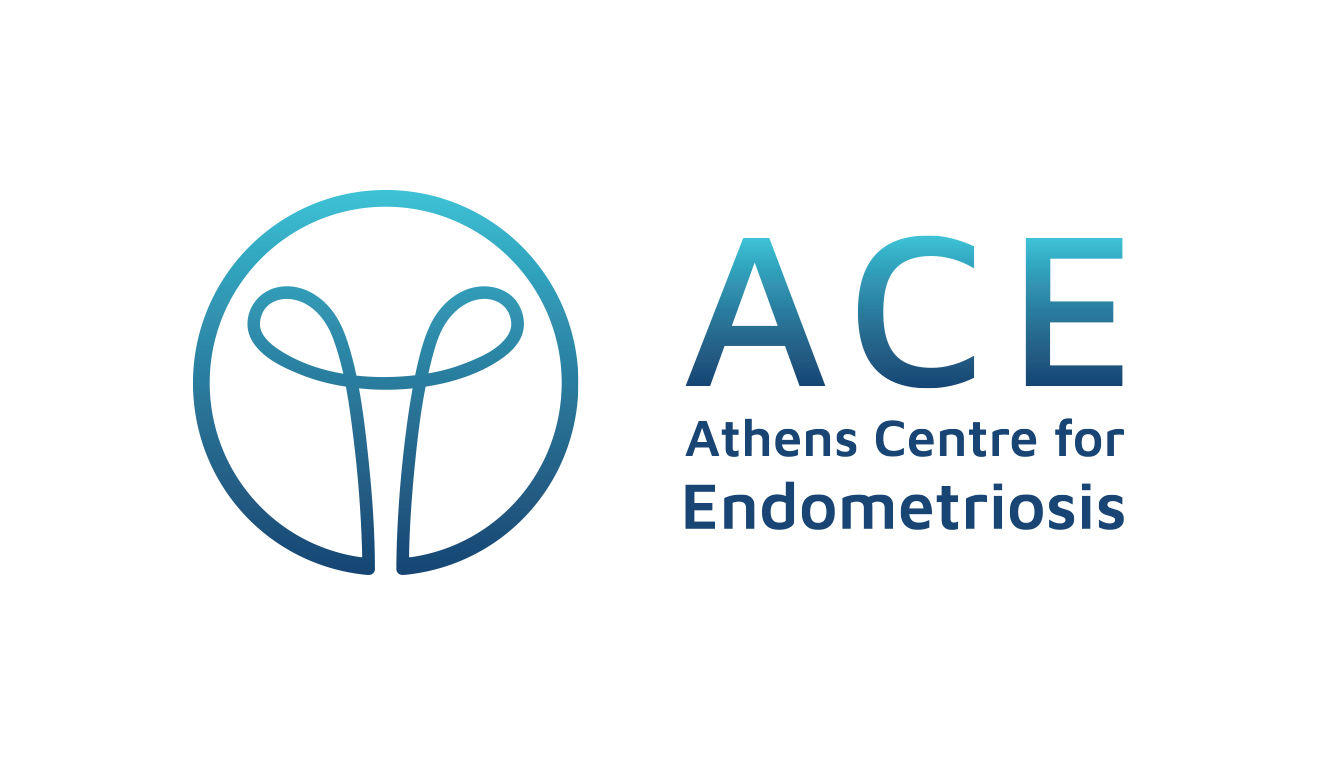At Athens Centre for Endometriosis excision surgery is our primary treatment method. Excision allows for the whole removal of implants in a safe manner even from important organs such as the intestine. However, its success depends on the surgeon’s ability to recognise all endometriosis implants types and colours.
What is excision surgery?
Excision=cutting away the endometriosis affected tissue.
Excision surgery is the only method that cuts a lesion out from its roots. Excision also allows for preservation of organs. Endometriosis is a disease that affects multiple organs, as such it often requires a multidisciplinary surgical approach to remove lesions that have spread beyond the pelvic organs.
Nowadays excision can be done via laparoscopy or robotic surgery. At Athens Centre for Endometriosis we perform keyhole surgery for endometriosis, even for bowel and urinary endometriosis. We also use the best approach for endometriosis surgery based on each patient’s needs.
Excision is done in centres dedicated exclusively to endometriosis diagnosis and treatment, such as ours.
Endometriosis excision is the gold standard in the treatment of this disease. When ablation is performed, the disease is left behind, resulting in disease persistence and symptoms.
What is an endometriosis specialist?
Endometriosis specialists such as Dr Kyriakpoulos are gynaecologists dedicated entirely to endometriosis surgery. They have been through years of training, and have fellowships in endometriosis surgery. They also require high knowledge about the disease, advanced laparoscopic skill, and dedication to perfecting the techniques required to perform complete excision.
Note: Ablation, which is often performed by non-endometriosis specialists, its an ineffective treatment method. With ablation, fulguration or vaporisation, lesions are left behind and will continue to cause pain.
What are the benefits of excision surgery?
Excision surgery offers multiple benefits for patients. Some of them are:
- Removal of the disease which will lead to symptoms improvement
- Fertility improvement
- Preservation of organs
- Life-quality improvements
- Low rate of recurrence
